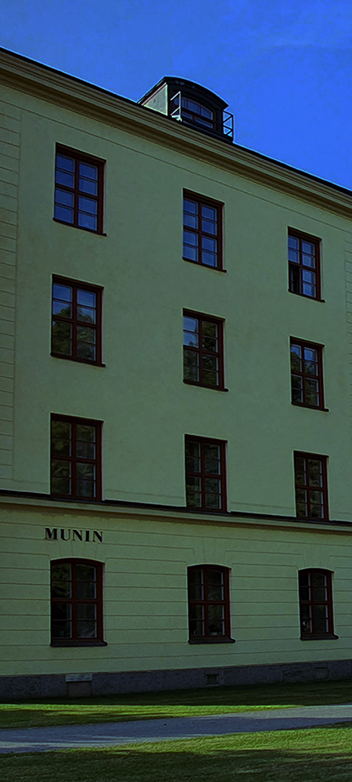


IASSW was founded in 1928 at the First International Conference of Social Work, held in Paris. It was initially comprised of 51 schools, mostly in Europe, and was known as the International Committee. Revitalized after World War II, the organization expanded its membership to include a wider range of countries and was renamed the International Association of Schools of Social Work.
The office of IASSW is located in the office of the President, Antoinette Lombard at the department of Social Work: University of Pretoria, South Africa.
IASSW is governed by the Board of Directors under a Constitution approved by the biennial General Assembly.
In March 2016 the first IASSW RRC was launched in the China Social Work Research Centre, a collaboration between Peking and Hong Kong Polytechnic Universities.
In March 2017, the second IASSW RRC was launched in New Zealand, a collaboration between Massey University (lead), Whitireia New Zealand, Te Wananga o Aotearoa,…
The Nordic Baltic Regional Resource Centre represents a new and exciting network of university based schools of social work and educators across…
The East Africa Social Work Regional Resource Centre represents a new and exciting network of Schools of social work and educators across African countries such as Uganda,…
Issue- 29: Critical Perspectives about Service User Participation and Experiential Knowledge :
The International Association of Schools of Social Work (IASSW) is pleased to announce the release of Volume 29 of Social Dialogue magazine, titled “Critical Perspectives on Service User Participation and Experiential Knowledge.”
This volume features over 18 insightful presentations from educators and service users involved in the PowerUs project—an international network of teachers, researchers from schools of social work, and representatives from various service user organizations.
You can access the current and past volumes at: https://socialdialogue.online/.
I appreciate the notices IASSW sends out on conferences and calls for manuscripts. One such notice led a Ghanaian colleague of mine and I to submit a manuscript for publication in a text on Social Work Education in Africa. We now have a chapter in this book thanks to the IASSW.

IASSW helps social work faculty worldwide to keep abreast of international social work education developments
and provides faculty with multiple ways to get involved in cross national education and research initiatives and funding opportunities.
Being part of the IASSW allows us to define together how we want Social Work to be in today’s and future societies

IASSW opposes and condemns racism, discrimination, intolerance and violence in all its pernicious and evil forms, and condemns those governments, quasi-governments and individuals who perpetrate racism, discrimination and support intolerance and violence. We condemn racist acts and people or industries that make and sell the weapons and other equipment that allow terrorists to carry out their violent intentions. Our condemnation does not change according to country, race, ethnicity, religion, or other circumstance.
IASSW does support robust conversations undertaken in goodwill to address and resolve injustices around the world that have grown from years of oppression, colonialism, and religious and economic hegemony. The history of discrimination and oppression, however, cannot in any way justify contemporary violence and acts of terror and racism which can only perpetuate the oppressive cycle of violence, and do nothing to advance social justice or peace. The great religions of the world only advocate peaceful resolution of conflict and complaints. Social work educators also teach peaceful engagement for social justice in our classrooms, support it in our research, and are prepared to engage with anyone of goodwill who is interested in addressing and resolving historical or modern grievances with the goal of social justice and an end to racism and oppression in all its forms.

